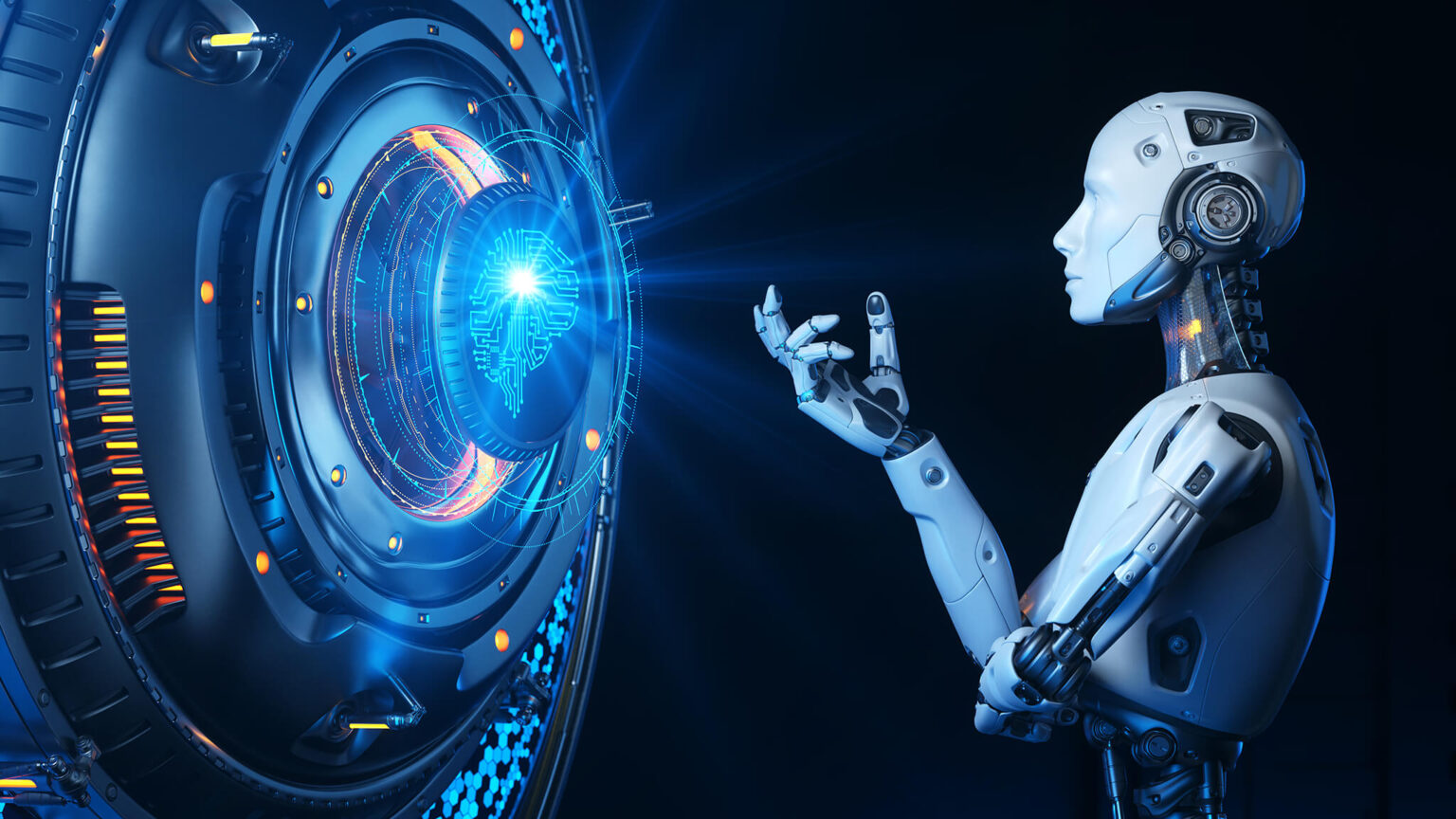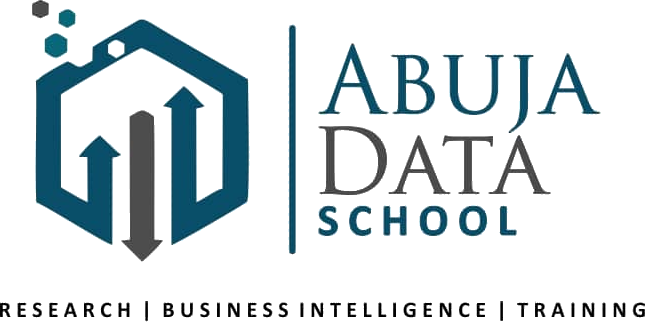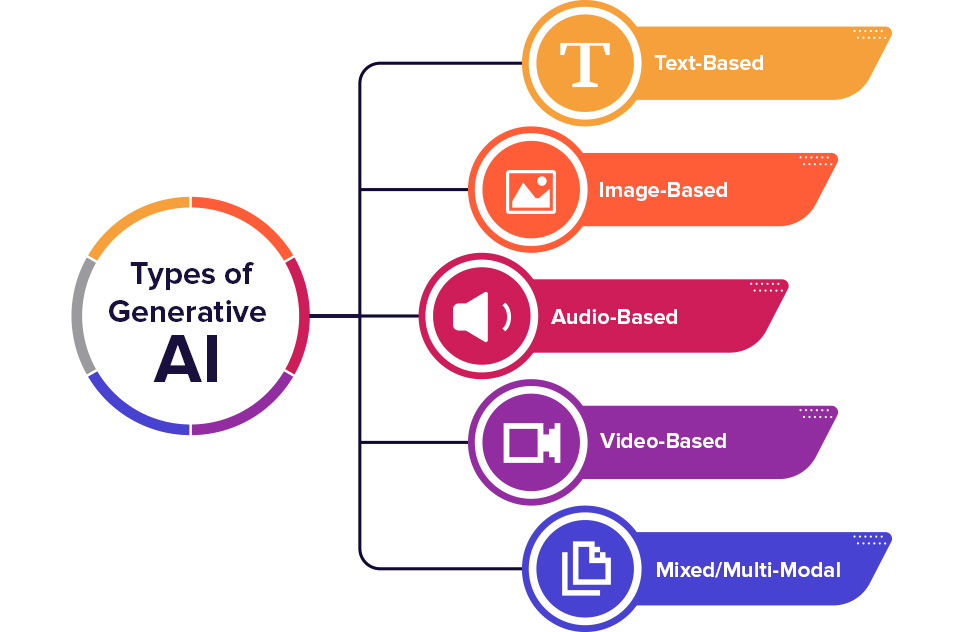GENERATIVE AI
Generative AI represents a revolutionary leap in artificial intelligence (AI), transforming various aspects of our daily lives and work environment. In November 2022, Open AI set a new benchmark by introducing CHATGPT, the most sophisticated artificial intelligence chatbot ever created. As Abuja Data School also contributes uniquely to the evolution of generative ai training in Abuja, This innovation around ChatGPT demonstrates the most advanced methods humans have discovered for interacting with machines through natural language. It marks the beginning of a new era where machines can be seamlessly integrated into our daily routines and work environments with just a very simple line of text, now commonly known as prompt. This transformation moment in technology has set the stage for accelerated development of Generative AI applications leveraging the power of large language models.
What is Generative AI?
Generative AI is an artificial intelligence (AI) model that is trained on massive data sets, allowing it to automatically produce content in different formats such as texts, audio, videos and images by predicting the next word. As chatGPT is one of the renowned platforms based on it’s generative ability, it will be easier to understand from its example. Similarly to the ChatGPT prompt, when a user put simple text input that defines what output they seek, the algorithms of Generative AI starts generating new content to give the required output. Generative AI can be considered a learning machine that is trained to produce new information instead of predicting insights based on given data sets. It can use both supervised and unsupervised learning methods for training, giving the ability to easily use a massive amount of unstructured data to build foundational models or bases for AI systems that can perform numerous tasks. The most important thing to note about generative AI training in Abuja is that it eases different operational businesses functions.
Applications of Generative AI (AI)
There are several applications of generative AI text models:
- Language translation
These models can be used to improve language translation services, as they can analyze large volumes of text and generate accurate translations in real time. This helps to enhance communication across different languages.
- Content creation
Perhaps one of the most popular applications, content creation refers to blog posts, social media posts, product descriptions, and more. Models are trained on large amounts of data and can produce high-quality content very quickly.
- Summarization
Helpful for text summarization, models provide concise and easy-to-read versions of information by highlighting the most important points. This is useful when it comes to summarizing research papers, books, blog posts, and other long-form content.
- Chatbot and virtual assistants
Both virtual assistants and chatbots use text generation models to interact with users in a conversational way. These assistants can understand user queries and offer relevant answers, alongside providing personalized information and assistance. Generative AI training in Abuja is implemented by Abuja Data School to help build AI professionals for remote jobs and better earnings.
- SEO content
Text generators can help to optimize text for search engines. They can decide on the meta description, headline, and even keywords. You can easily find out the most search topics and their keyword volumes to make sure you have the best-ranking URLs.

Types of Generative AI
Generative AI can be used for different tasks but for each tasks you want it to perform it requires different deep learning algorithms that helps it identify patterns and features from the data provided for training. Some of the most used architectures used to build Generative AI are
- Generative Adversarial Networks (GANs)
Generative adversarial networks is a data driven model that is used in generative AI. It has two neural networks that they train by competing against each other to produce new, highly authentic data from a given dataset. While one network generate data by taking samples from given input data and modifying it, another predicts if the newly generated data belongs to the original dataset. Some of the applications if the application of GANs include generating images, generating data training for other models, generating 3D models, and completing missing information.
- Variational Autoencoders (VAEs)
Variational autoencoders are neural networks that compress and reconstruct data. VAEs describe the observations of a latent space through a probabilistic approach. They are made up of two elements which are encoder and a decoder. The encoder receives input and compresses it into a latent space representation, while the decoder takes this representation and creates new data that captures essential characteristics of the training data.
- Generative Pre-trained Transformers
GPTs belongs to the neural network model family. It uses transformer architecture which is a deep learning architecture that learns context by tracking sequential data relationship. The transformer follows an encoder-decoder architecture to generate an output without relying on recurrence and convolutions networks. It gives users the ability to generate text and content like humans.
Top 10 Generative AI Tools
- Chatgpt
- Perplexity
- Alphacode
- Midjourney
- Microsoft Copilot
- Jasper
- Gamma
- Writesonic
- Copy.ai
- Framer
Why You Should Learn Generative AI From Abuja Data School
Generative AI is a transformative technology that enables the creation of synthetic data and content, opening up new possibilities across industries. Its applications are very vast and impactful. As generative continues to evolve, addressing ethical concerns and ensuring responsible use will be critical for maximizing It`s benefit.
Enroll in Generative AI Training in Abuja especially our physical and virtual sessions at Abuja Data School Today!

